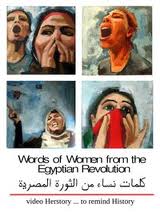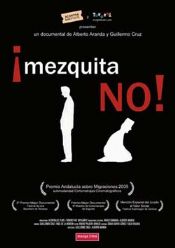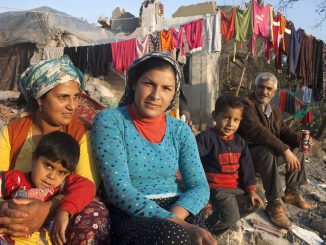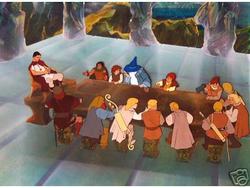
Our first workshop was on
september 15th in the University of Barcelona: we plan to meet on the last thursday of every month, to share projects and reflections on the city and urban space, key issues in contemporary anthropology produced in the catalan capital. Participants in the workshop include:
Omar Borrás,who is working on football among Cochabamba's immigrants in Barcelona;
Andres Antebi, who is involved in a visual anthropology project on a small public square in Tangiers;
Ariadna Mestre who studies Barcelona's Forat de la Vergonya as a theatralized space;
Caterina Borelli who, after researching urban renewal of Raval, is now researching in Sarajevo;
Marco Stanchieriwho works on the transformation of Vallcarca neighborhood;
Muna Makhluffwho is doing her fieldwork in Barceloneta;
Alba Marina who studies the nomadic network of "Salsa brava" in Barcelona;
Miguel Fernández researching on the application of "civism" in Raval's calle Robadors;
Marc Dalmau who focused on the impact of urban change of the Colonia Castells over the lifestyle of its inhabitants; and, obviously,
Manuel Delgado for coordination and repression.

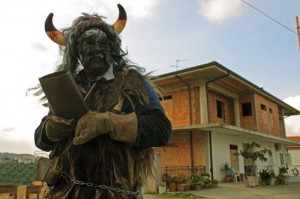 "Carnival has often provided an outlet for popular expressions of discontent with the ruling classes, and was actually banned in Spain during Franco’s Fascist dictatorship, under the pretext that the Carnival practice of disguising one’s identity with masks might provide cover for leftist insurgents to launch surprise guerrilla attacks.". Though Carnival King has been tamed almost all over Europe, it could come back to life in other continents of the world. A group of activists based in Fremantle (Perth, Australia) propose since 2004 a Carnival festival in the ancient European style: irriverent, nonconformist, countercultural. Meanwhile, in some parts of the old continent, Carnival is taking back its ancient value as an occasion for social protest.
"Carnival has often provided an outlet for popular expressions of discontent with the ruling classes, and was actually banned in Spain during Franco’s Fascist dictatorship, under the pretext that the Carnival practice of disguising one’s identity with masks might provide cover for leftist insurgents to launch surprise guerrilla attacks.". Though Carnival King has been tamed almost all over Europe, it could come back to life in other continents of the world. A group of activists based in Fremantle (Perth, Australia) propose since 2004 a Carnival festival in the ancient European style: irriverent, nonconformist, countercultural. Meanwhile, in some parts of the old continent, Carnival is taking back its ancient value as an occasion for social protest. 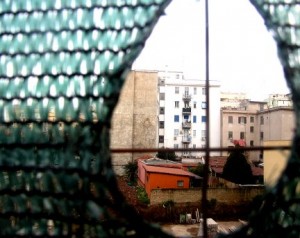
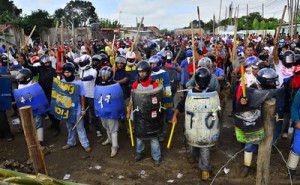
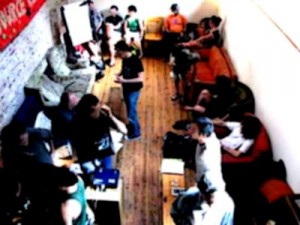
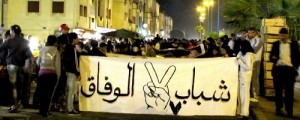


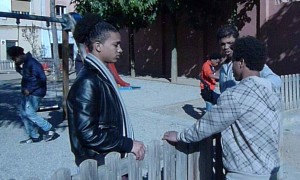
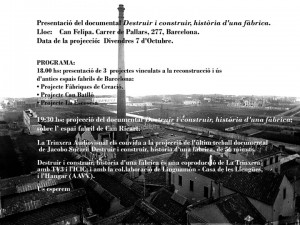
 Four years after the first meeting, the Second International Conference of Young Urban Researchers provides continuity to the experience of interdisciplinary meeting of young urban researchers. Once again, the conference will be held in the Instituto Universitario de Lisboa (ISCTE-IUL) from October 11th to 14th, 2011. The conference aims to share recent researches on urban contexts from many different areas of social sciences, to discuss current theoretical and methodological issues and to promote interdisciplinary and international networking. It is intended that the meeting should be boosted by young researchers who work in urban studies and develop research in the cities - especially those who are studying in post-graduate programs but also those carrying out technical and intervention activities.
Four years after the first meeting, the Second International Conference of Young Urban Researchers provides continuity to the experience of interdisciplinary meeting of young urban researchers. Once again, the conference will be held in the Instituto Universitario de Lisboa (ISCTE-IUL) from October 11th to 14th, 2011. The conference aims to share recent researches on urban contexts from many different areas of social sciences, to discuss current theoretical and methodological issues and to promote interdisciplinary and international networking. It is intended that the meeting should be boosted by young researchers who work in urban studies and develop research in the cities - especially those who are studying in post-graduate programs but also those carrying out technical and intervention activities. 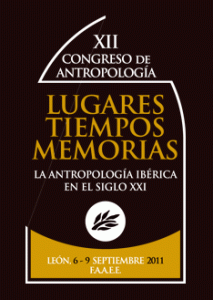 Webpage of the Conference:
Webpage of the Conference: 